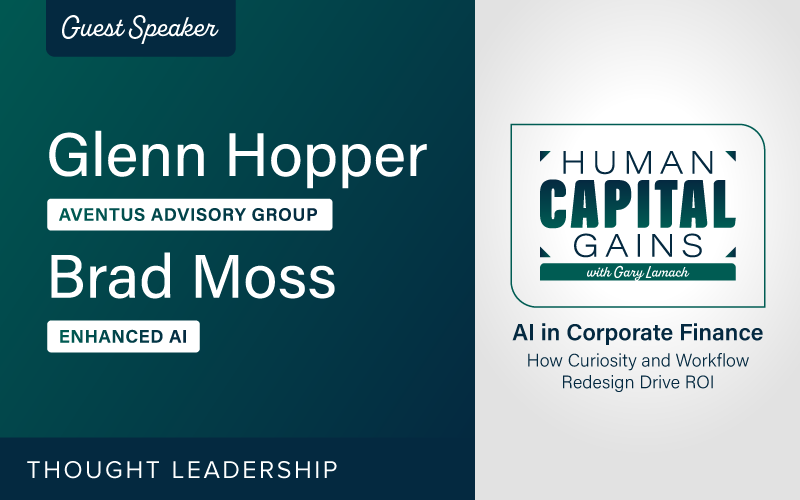In this episode of Human Capital Gains, I delve into the evolving landscape of artificial intelligence in the corporate world with two leading voices: Glenn Hopper, head of AI research and development at Aventus Advisory Group, and Brad Moss, founder and CEO of Enhanced AI. Together, we unpack how AI is changing job roles, transforming company operations, and redefining what it means to gain a competitive edge.
Why curiosity is the most valuable skill in the age of AI
Brad Moss emphasizes that we are in a critical transition where companies should aim to double their revenue per employee. With AI tools delivering returns of up to 300 times the value, organizations that don't explore these capabilities risk falling behind.
"People are treating AI like traditional software, but it's not," Moss says. "It doesn't process spreadsheets like Excel. Instead, it writes the SQL you need. That shift requires a curious mindset."
Hopper agrees: "There are two main fears: not understanding AI and missing the wave. Curiosity is the antidote to both."
Companies rolling out enterprise AI tools often fail by skipping foundational training. According to Hopper, employees need to understand both their own domain and the basics of how AI models work. "It’s not about becoming engineers," he clarifies. "It’s about knowing enough to trust and guide the tools."
Start small: Build trust with defined, high-ROI tasks
Rather than launching sweeping AI transformations, Moss recommends beginning with a single task that has a clear return on investment. For example, automating paperwork that consumes 100 hours per week can immediately show value and build internal support.
"We tell clients: find one thing, automate it, prove the ROI," he says. "After that, most want to keep going."
Hopper stresses the need for guardrails: "Generative AI isn't like installing an ERP. It's bottom-up adoption. Employees need training, guardrails, and freedom to experiment within policy."
Finance as a proving ground for AI effectiveness
AI is already delivering meaningful results in finance. Hopper outlines scenarios where AI helps with variance analysis, error detection in general ledgers, and forecasting models. However, he cautions against relying solely on public AI tools like ChatGPT due to context limitations and a lack of audit trails.
"The future is in integrating AI with internal databases," he explains. "That way, you can prompt in plain English and still log every prompt, response, and output."
Moss adds that accuracy and consistency can be achieved with constraints and modular design. "We build systems with dozens of micro-agents, each handling one specific task. That keeps things reliable."
Conclusion: Orchestrators, not operators
As AI reshapes workflows, the key advantage shifts from manual execution to intelligent orchestration. Moss predicts a future where the best "conductors" of AI-driven systems outperform others by how they design and sequence tasks.
Hopper adds that companies winning in five years will be those that place the right bots in the right seats, alongside the right people. AI won’t replace expertise; it will amplify those who understand how to deploy it effectively.
The bottom line? Whether in finance, marketing, or operations, the new competitive advantage is knowing how to pair curiosity with smart, structured AI integration.
Watch the full video podcast below. Are you all caught up on all the episodes?







